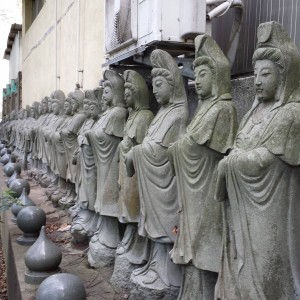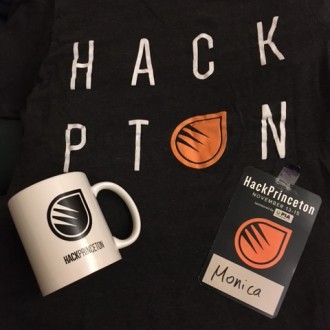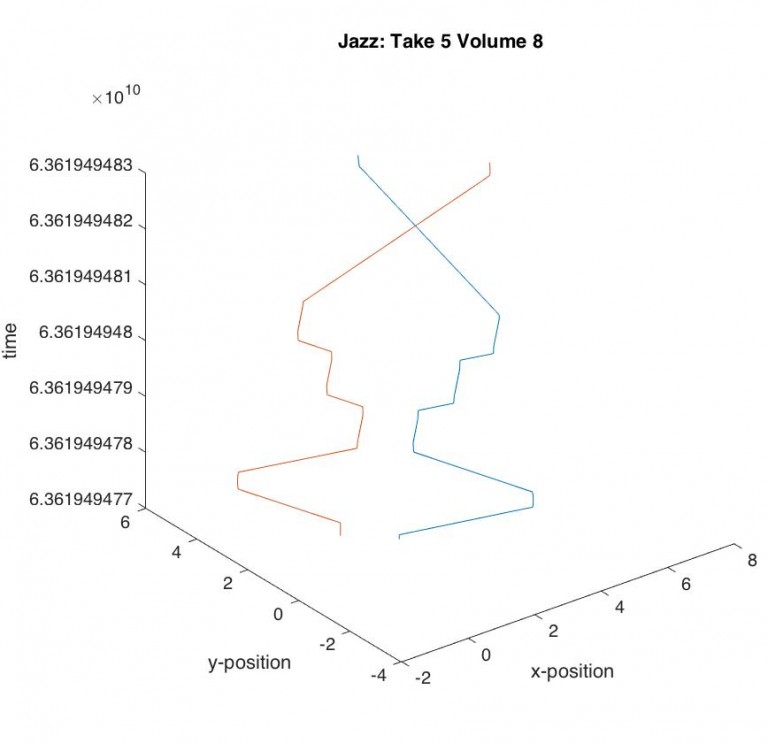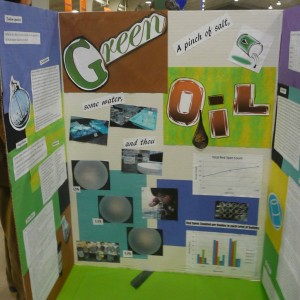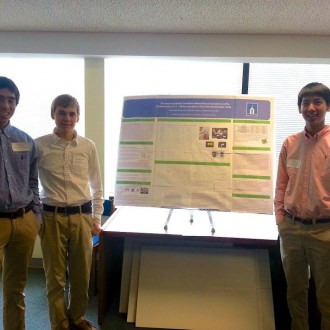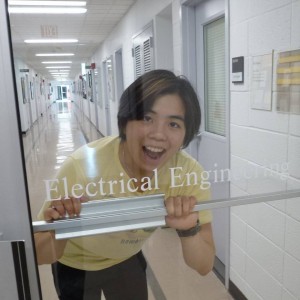Last week, Zoe wrote about research in the face of despair from external factors. How can you not push forward, she asked, when in your work is hope for a better future?

This week, I tackle inner despair: How can you push forward when in your work you see no hope?
My thesis project holds no immediate promise of hope for the reefs, or of curing some plague, or of fantastic future technology. The motivation for basic biochemical research comes from its intrinsic beauty, and the hope of applications long in the future. I was incredibly excited about my thesis project at the beginning – I was asking fundamental questions about the origin of life; I had the potential to create something genuinely new. Inevitably, though, my project hit obstacles – both technical problems and scientific difficulties indicating misconceptions in my original idea.
So, the thesis I’m currently writing looks nothing like the thesis I imagined last spring. Continue reading Pushing forward


